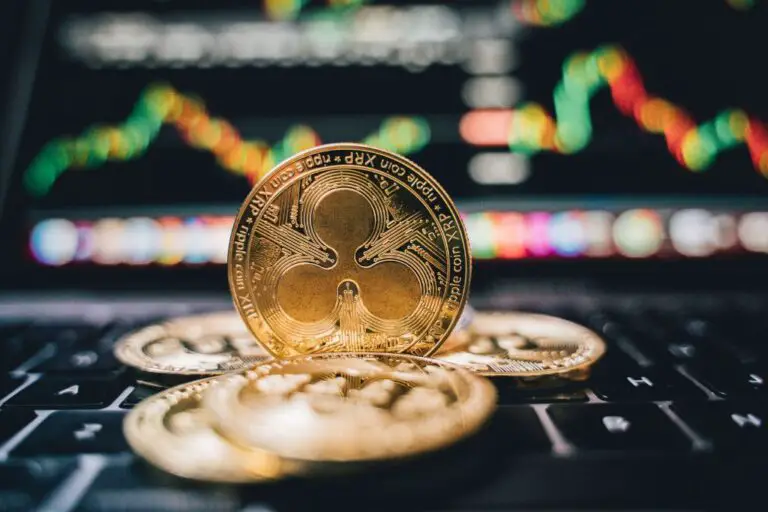Using blockchain technology, individuals can play games and get rewarded with non-fungible tokens or digital cash. These games based on blockchain technology have become mainstream in recent years.
One of the main reasons why these play-to-learn games have become popular is that individuals can have fun while playing and also earn currency that has real-world value. Let’s take a look at how play-to-earn games work and the types.
The Mechanism of Play-to-Earn Games
Play-to-earn games have changed the gaming landscape with their innovative economic model, which is not just immersive but also allows players to earn cryptocurrency in their game journey. They are built to empower players to make real-world value from their in-game activities.
The mechanism behind play-to-earn game operations includes tokenized assets and In-game assets, economic ecosystems, gameplay and earning, blockchain verification, exchanges and marketplaces, decentralization, economic opportunities, and governance and community.
Types of Play-to-Earn Cryptocurrency Games
The combination of blockchain technology and gaming, which allows individuals to earn crypto while they enjoy their immersive gameplay, has made play-to-earn games more popular. There are various mechanics and genres, each having different opportunities for individuals to participate and earn.
Below are some common types of play-to-earn cryptic games. In this ecosystem, players can engage in various activities like earning valuable game assets or cryptocurrency like Bitcoin buy through gameplay achievements.
1. Strategy games: In these games, players make tactical decisions to create, manage, and grow their virtual assets. It could be governing civilizations, managing armies, or constructing kingdoms, allowing players to earn rewards through optimizing their strategies.
2. Role-playing games: Also known as RPGs, players immerse themselves in the gameplay, where they can embark on adventures around the virtual world. While going on quests, battling fierce monsters, and mastering the art of crafting, players can gather valuable in-game assets that hold real-world value which is usually in the form of cryptocurrencies.
3. Virtual real estate games: In these games, players can develop, sell, or buy virtual properties through blockchain technology. These properties in the virtual world are appreciated with time and create passive income.
4. Collectible card games: CCG games are a merger of blockchain technology with traditional card games, allowing players to gather, trade, and have battles using their digital cards. Each collectible card has a unique attribute which makes it a valuable collection in the cryptocurrency market.
5. Play-to-earn NFT games: NFTs (non-fungible tokens) are vital in many play-to-earn games.. Players can buy, sell, and earn NFTs that represent in-game characters, items, or assets, which allows the monetization of the player’s gaming achievements.
6. Sports games: Players can engage in thrilling virtual sports tournaments and races in the P2E games. Individual skills and performance determines the rewards you can earn, therefore making every victory a satisfying one.
7. PvP and Battle Royale games: Many P2E games either adopt player versus player or battle royale formats, allowing players compete against each other for rewards. The rewards are usually determined by performance, therefore encouraging engagement and skill development.
8. Exploration and adventure games: Players can embark on a sensational journey in exploration and adventure games. The fun part, players can solve complex riddles, discover hidden treasures, and immerse themselves in the captivating narratives to earn recognition and enticing rewards.
Endnote:
In recent years, the play-to-earn industry has become increasingly popular and accessible. These games, as its name suggests, allow players to earn cryptocurrency while they play, making them a good source of income. These digital games can allow game players to transfer their in-game digital assets and keep them in a crypto wallet with the option of turning them into fiat currency.

A computer engineer by day, gamer by night. He grew up playing Mario and contra, and just like every other 90s kid, he got passionate about mobile gaming. He had done bachelors in computer science and played fps and MOBA games for years.

